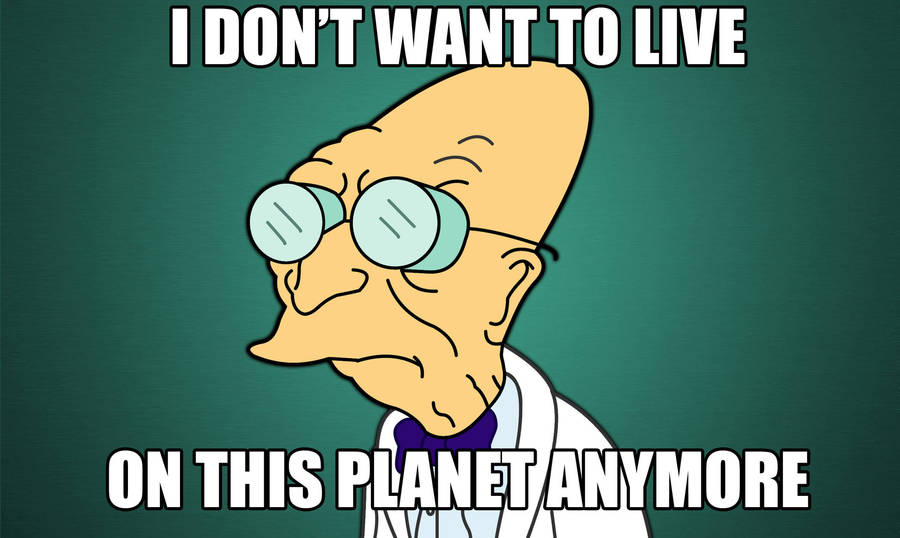I like the back and fourth on this and strange bedfellows are being made as a result.
What it comes down to is simple; do we want the people to decide or do we want a slate of electors to decide who is elected President and Vice President.
Why not have both? Keep the majority of the EVs be the threshold but add one more condition; you also have to win the popular vote. If not, the current remedy of the House picking the POTUS comes into effect.
It is positively crazy that in this day and age, we do not insist that the POTUS be elected by a plurality of the voters.
Instead of being a deliberative body, the Electoral College, in practice, is composed of presidential electors who voted in lockstep to rubberstamp the choices that had been previously made by extra-constitutional bodies (namely, the nominating caucuses of the political parties).
Starting in 1796, political parties began nominating presidential and vice-presidential candidates on a centralized basis and began actively campaigning for their nominees throughout the country. As a result, presidential electors necessarily became rubberstamps for the choices made by the parties. “[W]hether chosen by the legislatures or by popular suffrage on general ticket or in districts, [the presidential electors] were so chosen simply to register the will of the appointing power.”
McPherson v. Blacker. 146 U.S. 1 at 36. 1892.
Presidential electors have been expected to vote for the candidates nominated by their party—that is, “to act, not to think.”
National Popular Vote awards a state’s electoral votes under the authority of Article II, Section 1 of the U.S. Constitution. The Electoral College remains in place, with sovereign states determining the manner in which their electoral votes are cast.
The National Popular Vote bill would guarantee the Presidency to the candidate who receives the most popular votes in all 50 states and the District of Columbia.
Congress would never need to be left with deciding the election, regardless of the popular vote in any state or throughout the country.

